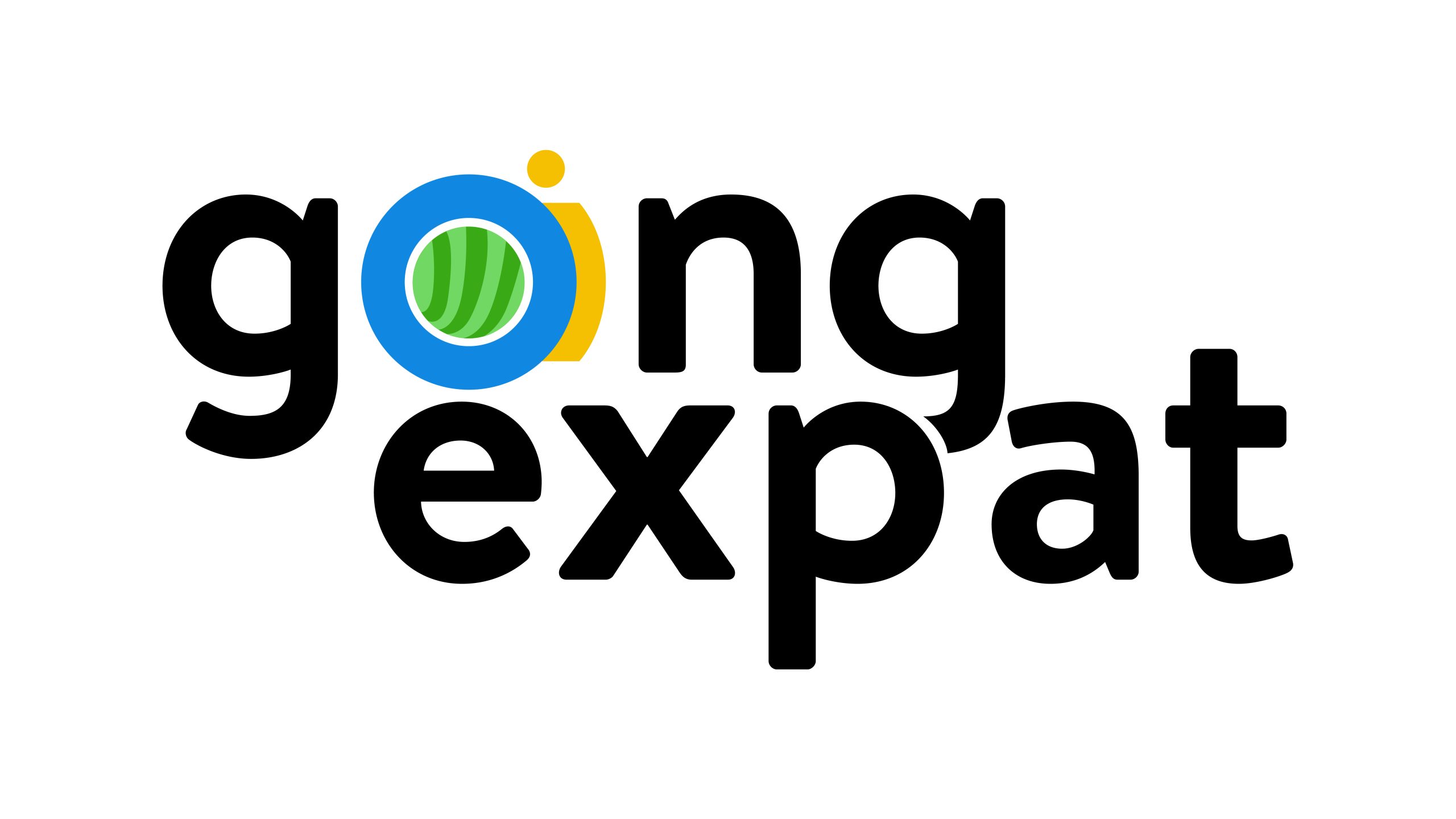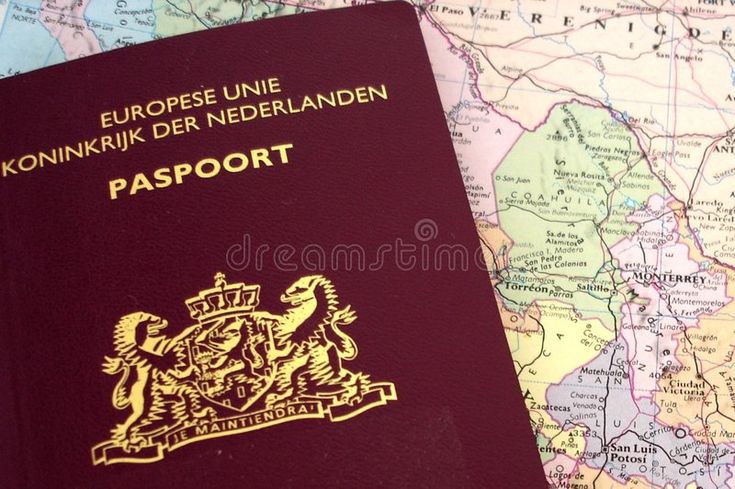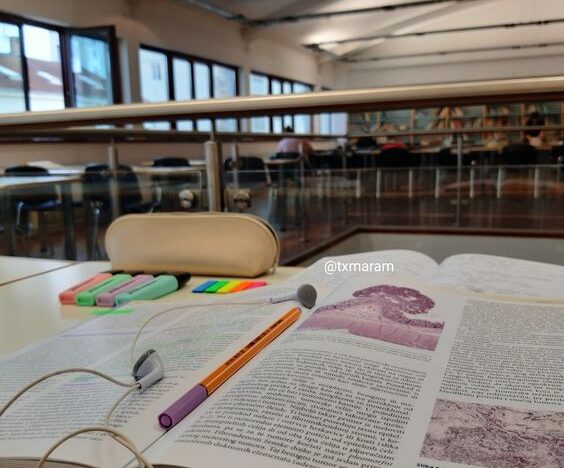This article is also available in: Italiano
Hello Expat people,
let’s start with a new series on the blog and talk about citizenship.
Clearly each situation can be slightly different and there are many elements to evaluate, so always refer to the official sites of which you will find links in the article.
Today we are talking about Dutch citizenship, a subject that is close to my heart because I keep thinking about whether or not to apply for it. But unless I get married to Martijn (as a Dutch citizen) I am forced to give up the Italian one and that makes me think.
Enough about me, let’s focus on the topic.
Who and when can apply for Dutch citizenship:
Simple: all foreign citizens can apply for Dutch citizenship.
Obviously there are procedures and limitations. In principle anyone who is legally resident in the Netherlands for at least 5 continuous years can apply for Dutch citizenship.
Find out what to do to move to the Netherlands here.
Citizenship is obtained mainly in 3 ways:
- By Birth/Recognition/Adoption
- Naturalization
- Option this is a little more complicated to explain, an example of citizenship by option is the request from those born in the Netherlands Antilles.
What are the advantages of having Dutch citizenship?
Surely having the Dutch passport to live in the Netherlands simplifies life in terms of renewal procedure. And, compared to the Italian one, required at the embassy, is also cheaper (I renewed mine for €180 in 2021, Martijn paid €70 to the municipality of Dordrecht in 2023)
Dutch citizenship gives you the right to vote in all elections, not just municipal elections. That’s one of the reasons I would do that. I don’t think it’s fair that I live in a country where I work, pay taxes and mostly spend my money, and have no say in political decisions.
For non-EU citizens to have (also) the Dutch passport, means being able to stay abroad longer without affecting the residence permit.
Finally you can access jobs with state functions and you can work in the police.
Like everything, however, there are disadvantages, or rather less pleasant sides, to be taken into account.
In fact, in most cases you have to give up your citizenship. The Netherlands only accepts special cases for dual citizenship. Dutch and Italian citizenship, for example, are mutually exclusive.
The processes of option and naturalization have high costs and long waiting time.
Dutch citizenship is not guaranteed for life. In fact it can be revoked in case of serious crimes (and I would say that it is also right) or if you want to acquire at a later time an additional nationality.
The steps to be taken once the basic requirements have been established:
If you want to undertake the naturalization process, it is long but relatively simple.
As anticipated it is necessary to be registered (BRP) in the Netherlands for at least 5 consecutive years.
In order to apply for naturalization you must present your passport, birth certificate (multilingual) and study to obtain the “inburgering diploma”. A small interview is then done in Dutch, to establish the actual compliance of the request and then all documents are sent for the official approval of the King.
Once approved (which can happen within a couple of weeks as in 1 whole year) you are invited for the naturalization ceremony (takes place between 8 weeks and 6 months) and after about 2 weeks from the ceremony you can apply for a passport.
The cost of this process updated to 2024 is €1,023 per person.
The inburgering Diploma is obtained upon passing some exams of language and knowledge of Dutch culture. To register for the exams, simply access the Inburgeren.nl website and access your area via DigiD.
Here you will find all the info to start the inburgering process.
The required language proficiency level can be A2 or B1 and depends on whether or not Inburgering is required and whether WET 2021 or WET 2013 applies.
The “WET” are nothing more than articles of integration law (inburgering in Dutch). Among the various reasons to fall into a category that has obligation or not to inburgering, there is nationality.
It is really complicated to explain and go into the details of the needs for each citizen, the best thing is to contact the institutions through the website, where everything is explained in detail.
Let’s see in more detail what the inburgering exam consists of.
The exams to be taken to obtain the diploma are 6:
- Lezen – Reading
- Luisteren – Listening
- KNM (Kennis van de Naderlandse Maatschappij) – Knowledge of Dutch society
- Schrijven – Writing
- Spreken – Oral exam
- ONA (Oriëntatie op de Nederlandse Arbeidsmarkt) – Guidance on the Dutch labour market or to demonstrate that you are aware of what kind of work you can do and what you can do to get it. 64 hours of course are required (at your own expense), the compilation of a portfolio and a final conversation.
If you have been working for at least 6 months in the Netherlands, you are exempt from the ONA exam, and meeting certain requirements also VAT and who has a company of his own may not do so. The Ministry of Immigration and Naturalisation (IND) will assess each individual case.
It seems obvious, but better make it clear: all exams are in Dutch.
Exam prices.
Each exam costs €50 (given 2023). If you don’t show up or arrive late or are caught committing irregularities (copying, whispering or showing up without a valid ID) you must book and pay all over again.
When booking and carrying out each individual exam is at the discretion of the examined, you can also take several exams in one day.
Exams are taken in the offices of the DUO (Department of Education) in all cities. Once again, the examined will choose where to take the exams and, therefore, the dates from those available.
The outcome of each exam is available online but, in any case, also a letter arrives at home within 8 weeks from the date of the exam itself.
In fact, Lezen/Luisteren and KNM arrive after 10/15 days, as they are multiple choice tests controlled “automatically”. While Schrijven and Spreken are manually controlled and require 8 weeks and sometimes more.
Getting your inburgering diploma has the same process for everyone,
as explained earlier the only changes are on the language level required (for some A2 for others B1), and the reason (for some it is mandatory for the Visa, for others it is optional). Generally speaking, for citizens of the European Union it is a voluntary process.
Marrying or joining a Dutch citizen is the only way to have dual citizenship
except for those born in Aruba/Curacao and Sint Maarten, or with a refugee residence permit. Here all the info on this topic.
Was this article helpful and would you like to support my work on the blog? Buy me a coffee
Cheers
Rossella






